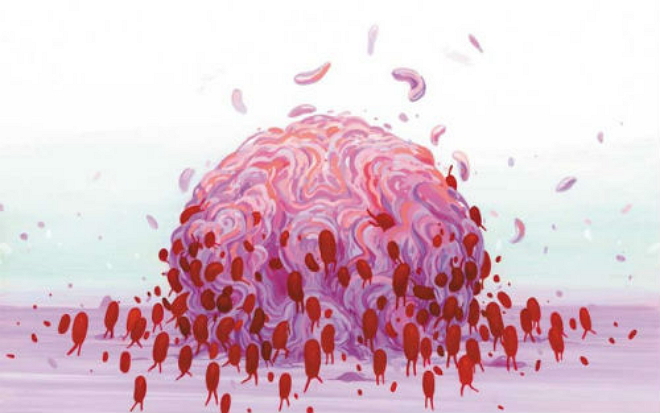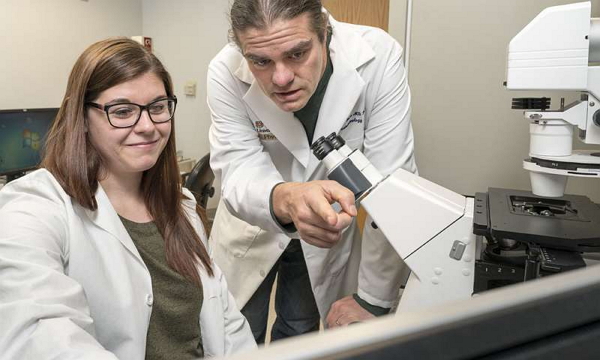Release date: 2017-12-19

"We are passionate about the role of stem cells in the development of cancer, but we don't focus on mature cells," said Jason C. Mills, a professor of gastroenterology at the University of Washington. "Now we find that when mature cells return to rapidly dividing stem cells The state is easy to cause cancer."
On December 14th, Gastroenterology published an article online titled "Metaplastic Cells in the Stomach Arise, Independently of Stem Cells, via Dedifferentiation or Transdifferentiation of Chief Cells", revealing the direct reprogramming of mature cells and the restoration of rapid division. phenomenon.
The research team at the University of Washington School of Medicine believes that when mature cells are reversed to a state similar to stem cells, they carry all the mutations that have accumulated so far, and are easy to bury hidden lesions of precancerous lesions.
The research team used gastric cancer as an entry point and found that patients with chronic atrophic gastritis infected with Helicobacter pylori developed spasmolytic polypeptide-expressing metaplasia (SPEM, a precancerous lesion of intestinal metaplasia and gastric adenocarcinoma). .
Does SPEM originate from stem cells? The team used a mouse with gastric mucosal injury as a model to block gastric cell proliferation by injecting 5-fluorouracil, and to induce SPEM by adding tamoxifen.
It was found that precancerous lesions still occur even without stem cell proliferation. More importantly, the lesion originates from existing mature cells (mainly the primary cells, which are responsible for the production of digestive enzymes), which are directly reprogrammed back to the stem cell state for repair of the lesion.

Graduate student Megan Radyk and Jason Mills, MD, Ph.D., led a study revealing that although many cancer therapies target rapidly dividing stem cells, mature cells also seem to play a key role in initiating cancer, at least in forming precancerous lesions. Credit: Matt Miller
In tissue samples from 10 gastric cancer patients, the researchers also found somatic cells that returned to the stem cell state. This means that if the stomach is damaged, some mature cells will be transformed into a state that can be rapidly expanded and classified, which is likely to cause cancer.
Currently, Jason C. Mills Laboratories is developing drugs that block mature cells from precancerous lesions due to reintegration into infinite proliferation and differentiation. "These cells increase the risk of cancer and find drugs that target them, which can prevent cancer," concludes Jason C. Mills.
References: 1) Study prompts new ideas on cancers' origins
Source: Bio-Exploration
Dental Cleaner,Dental Cleaning Machine,Ultrasonic Dental Cleaner,Best Dental Ultrasonic Cleaner
ZHEJIANG FOMOS MEDICAL TECHNOLOGY CO.,LTD. , https://www.ifomos.com